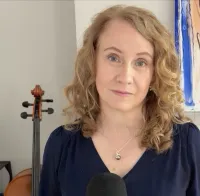
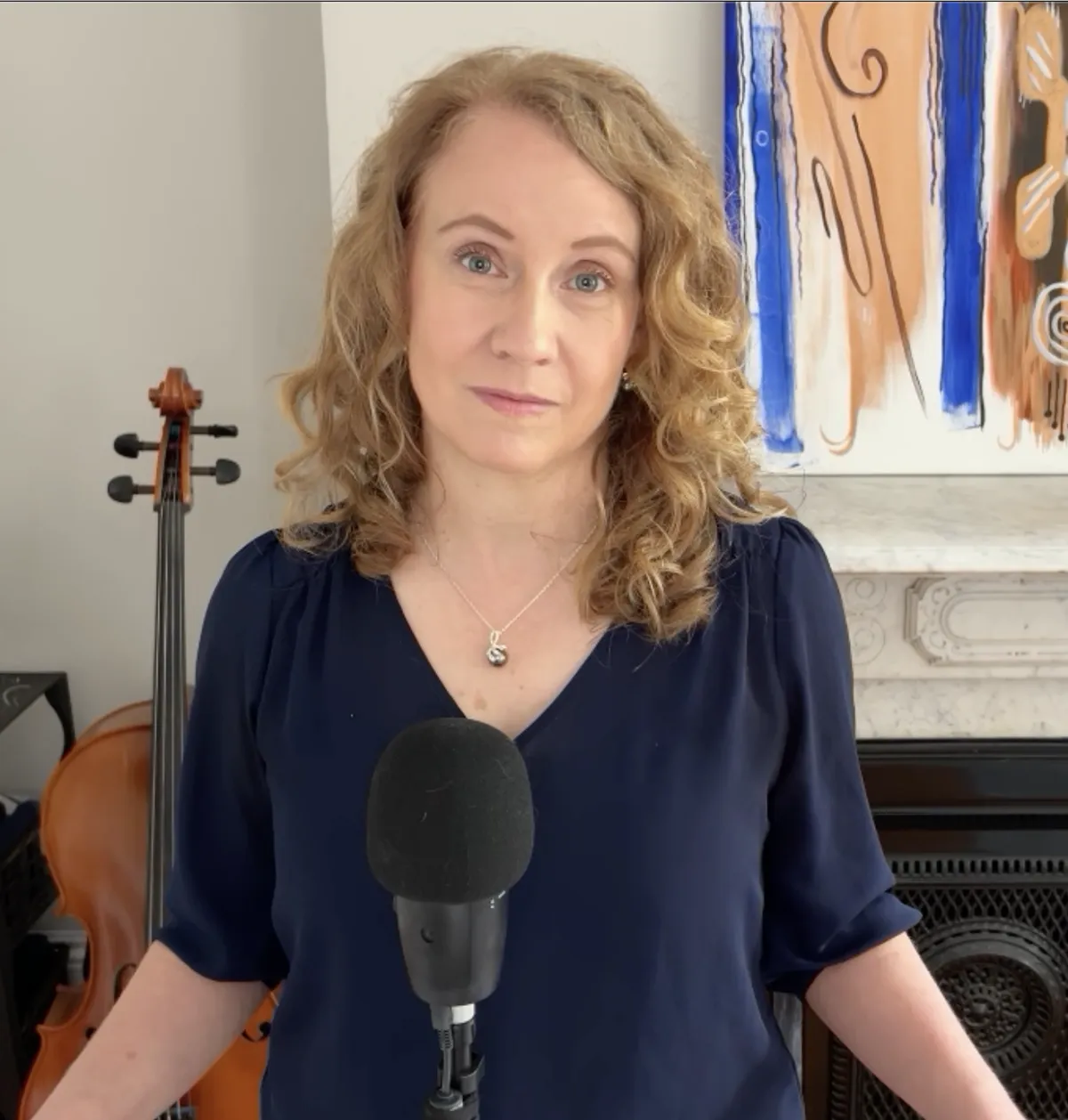
Where YOU get REAL Support and REAL Solutions
Defining Success Together
Autism and marriage aren't easy. We're here because we really get it.
REAL Neurodiverse Marriage
About Anne MacMillan
I built my original Neurodiverse Family Systems Theory on my education, personal life experience, and the professional experience I gained in the private neurodiverse services practice I founded in 2017.
Today, my services extend to support other professionals who have come to the new realization that neurodiversity is at the heart of many of the relationship challenges their adult clients face. Professionals can earn my Neurodiverse Family Systems Educator Credential (NFS-E) then use my practical 10-Step educational system, including quantitative assessments and support resources, to help their clients comprehend their relationship challenges and find the happiness and peace they deserve.
I have a research-based master's in psychology from Harvard University and studied developmental psychology as an undergrad. I received the Director's Thesis Award at Harvard for my original research on Level 1 autism and intimate life partnerships -- some of the first quantitative research on the subject in the world.
Altogether, I have over 50 years of personal life experience with neurodiverse family systems, over 20 years of personal life experience with neurodiverse intimate life partnerships, and 8 years of professional experience working with individuals managing the challenges of neurodiverse family systems.
I self-identify as a high body empathetic neurodivergent who just might also be a bit attention neurodivergent (ADHD). I am not autistic.

Anne MacMillan, MLA
Founder of the 10-Step Neurodiverse Family Systems Approach, Speaker, Researcher, Consultant, Coach, Educator and Expert Witness
Online Course Available Now
Married to Autism? Your Journey to Connection and Ease
An Online Course for Neurotypicals
and Non-Autistic Neurodivergents
Only $34.99 USD
Get the benefits of my education and life experience for less than the cost of one restaurant meal for two!
Neurodiverse relationships can be very confusing. Comprehending YOURSELF and the ways autism affects YOU can make all the difference. Take this first step towards
making life changes that will bring YOU the
Connection and Ease that YOU deserve.
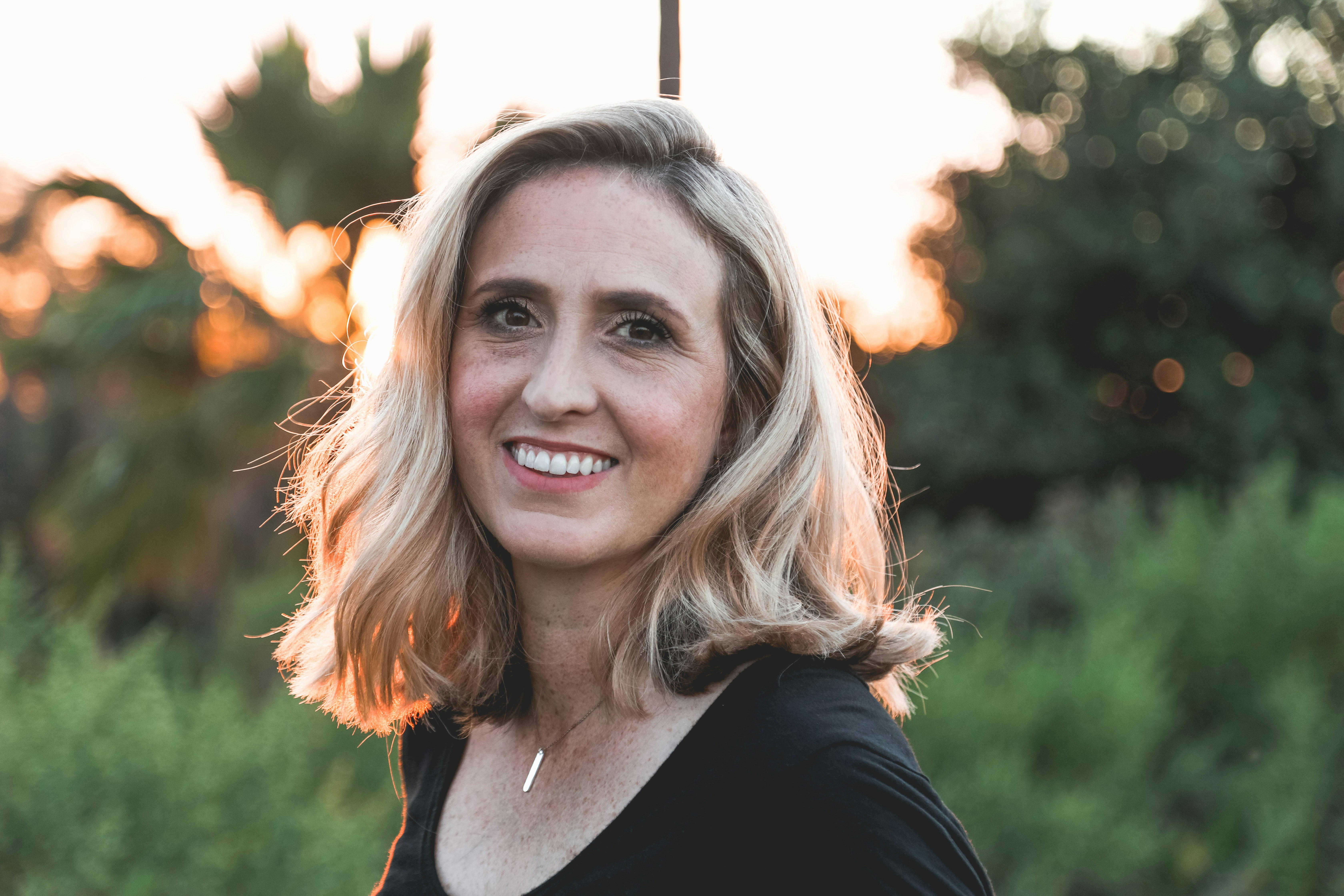
Vicki R.

Found her insights spot on. I gifted this course to 2 others before I even finished it. Refreshing thoughts. Focus is on you, the NT of the relationship with great ways to look at things from both sides. Been married to Autism for 45 years and found this course something I will review on a regular basis to support myself.

Katie G.

This is a MUST for anyone who has a partner with autism. No matter where you are in your relationship, even if your relationship has ended, this is for YOU! Anne’s knowledge, compassion, guidance is unparalleled and unprecedented. Thank you Anne.
My Services
I offer consulting and coaching services to support you in achieving what you want from your life and for your partner, family and children. I work with either the autistic or the neurotypical partner.

Anne MacMillan, MLA
Founder of the R.E.A.L. 10-Step Neurodiverse Family Systems Approach, Speaker, Researcher, Educator, Consultant, Coach and Expert Witness
My Newest Blog Posts
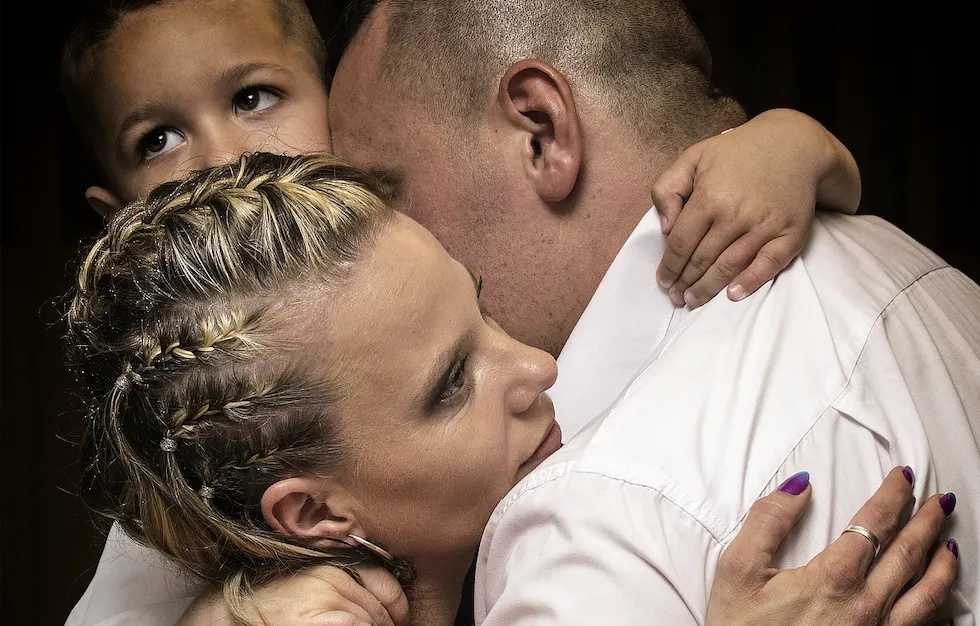
Neurodiverse Marriage: An Overview
There are currently no evidence-based therapies for neurodiverse marriage.
What is a Neurodiverse Marriage?
A neurodiverse marriage is an adult relationship between a typically developing person (AKA a "neurotypical") or non-autistic neurodivergent person and an autistic person. Most autistic people who achieve marriage have high-functioning autism. In a nutshell, high-functioning autism is autims without intellectual or language impairment. Most of the obvious signs of high-functioning autism diminish after childhood and many adults with high-functioning autism marry and have children (American Psychiatric Association, 2013; Attwood, 2015).
Neurodiverse marriages have neurological incompatibilities just as mixed-faith marriages have religious incompatibilities and mixed-orientation marriages have sexual incompatibilities. The marriages are mixed because autism is a neurodevelopmental disorder that affects social interactions and communication, two of the most important aspects of adult relationships.
Many people with high-functioning autism remain undiagnosed. It is common for couples to marry without any knowledge that one partner is on the spectrum. As autism has a genetic component, neurodiverse couples may have children with autism. Whenever a child is diagnosed, it is valuable for the parents to consider whether one or both of them may also be on the autism spectrum. Neurodiverse couples face communication incompatibilities related to the differences in their brains.
Neurodiverse marriages are vulnerable to domestic abuse and both partners are vulnerable to trauma in their relationships.
There are currently no evidence-based marital therapies for neurodiverse marriages and it may be unethical for religious leaders, families and professionals to discourage divorce. Both partners are in need of support and resources. Much more research must be done before professionals will be able to claim they have an evidence-based treatment method for neurodiverse marriage.
High-conflict divorce is common and some attorneys may unknowingly be exploiting families with autism. Laws designed to prevent conflict could protect vulnerable families and children from the trauma of mixed-neurological divorce. Partners should leave divorce as financial equals.
People with autism have theory of mind and immediate empathy deficits. Theory of mind and empathy are important in parenting. In some cases, especially when the autistic partner does not acknowledge their autism or its impacts on the children, primary parental responsibility should belong to the non-autistic partner after divorce. When autistic partners acknowledge their autism and seek out solutions that are best for the whole family, it is generally preferable for parents to share equal parenting responsibility.
References:
American Psychiatric Association. (2013). Diagnostic and Statistical Manual of Mental Disorders Fifth Edition DSM-5 TM. Washington, D.C: American Psychiatric Publishing.
Attwood, T. (2015). The complete guide to Asperger’s Syndrome (Revised ed.). London and Philadelphia: Jessica Kingsley Publishers.
My Research
Some of the world's first quantitative research on autism and marriage
I was working on a master's in psychology at Harvard University when I realized my husband of almost 20 years was autistic. I was shocked by how little was known about an issue that affected my own life so dramatically. So, I shifted my research interests to autism and marriage and was ultimately given the Director's Thesis Award for my work.
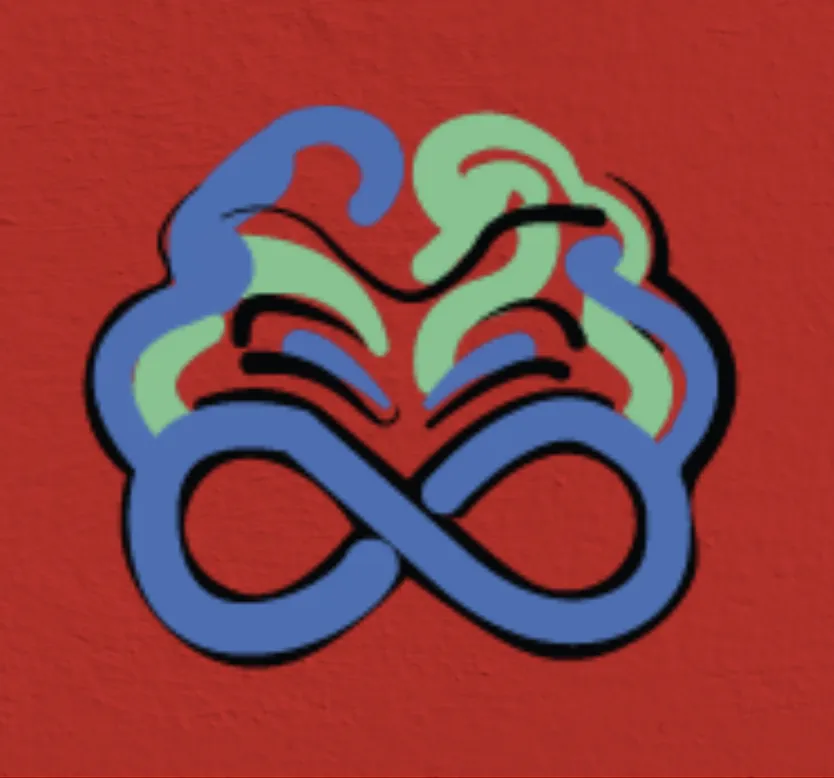
My White Papers and Pamphlets
© 2024 R.E.A.L. Neurodiverse
All Rights Reserved
anne@REALneurodiverse.com
Text or Call: (617) 996-7239 (United States)
